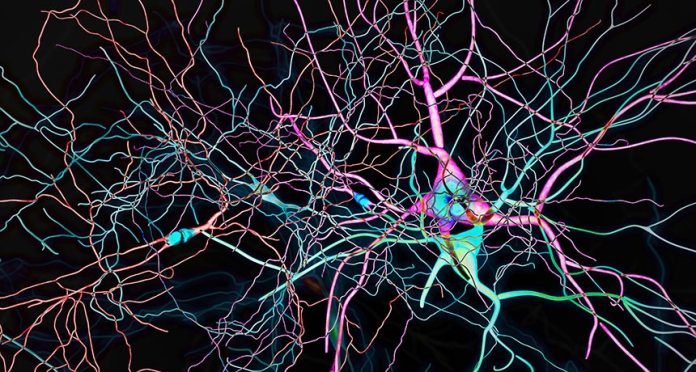A team of researchers from the University of Pittsburgh’s School of Medicine led by associate professor of neurology Dr. Edward A. Burton is the first to demonstrate a means to prevent Parkinson’s disease from occurring in mice.
Previous research by the same team and others has identified a protein called α-synuclein that can interfere with the normal function of mitochondria and form Lewy bodies in brain cells and produce the symptoms of Parkinson’s disease. The researchers used a harmless virus called AAV2 to disable the production of α-synuclein in the substantia nigra region of the brains of mice. The mice that were genetically reengineered were exposed to the pesticide rotenone that is known to interfere with mitochondrial function and produce symptoms similar to Parkinson’s disease in mice.
The mice that had the production of α-synuclein disabled did not display the loss of mitochondrial function and loss of dopamine producing cells that are characteristic of Parkinson’s disease even though the mice were exposed to rotenone. The researchers further demonstrated the efficacy of the new approach by treating only one side of some mouse brains. The animals developed Parkinson’s-like symptoms on one side of their body but not on the side that received the new treatment.
Translation of the technique to people may be shortened in developmental time frame because the AAV2 virus has been used successfully in other treatments for Parkinson’s disease in clinical trials approved by the FDA. The approach is a diametrical turn from the usual development of treatment that lasts as long as a person lives. This discovery actually can prevent a debilitating and ultimately deadly disease that affects 50,000 people every year in the United States.















